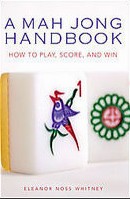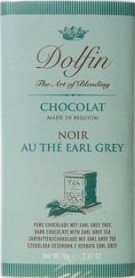 Links.
Links.
 Booker Prizes
Booker Prizes
 Chocolate.
Chocolate.
 Books read
Books read
 Best books read in 2010.
Best books read in 2010.
 Best writers of poetry and prose
Best writers of poetry and prose
 Harry Potter;
also
Harry Potter en Español.
Harry Potter;
also
Harry Potter en Español.
 New books on Christianity and Spirituality
New books on Christianity and Spirituality
by Pagels, Ehrman, et al.


 Why read a book?
Why read a book?
 The Mental Health of George W. Bush
The Mental Health of George W. Bush
|
John Clear and others:
"Wool grows just as fast on a lazy sheep." |


